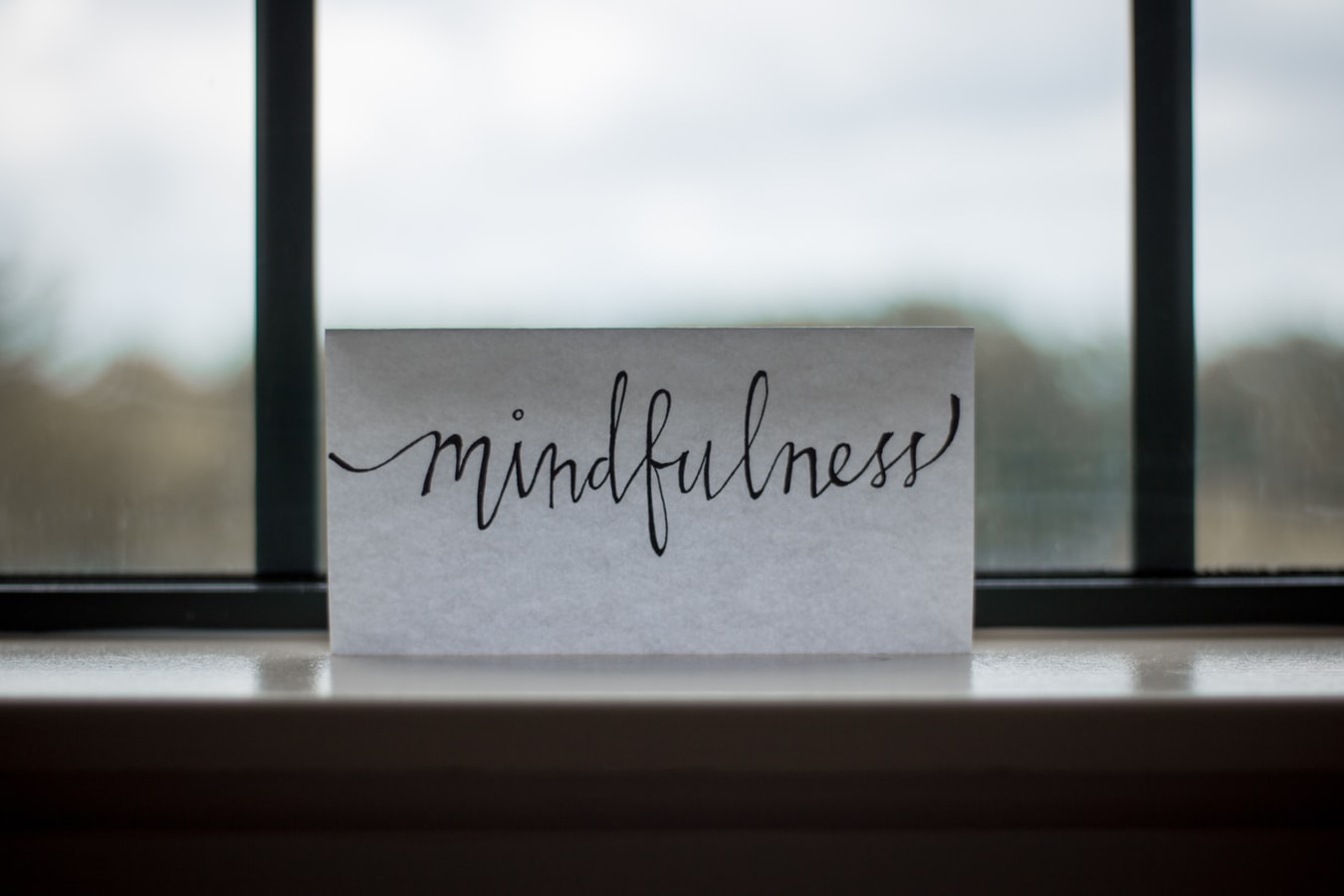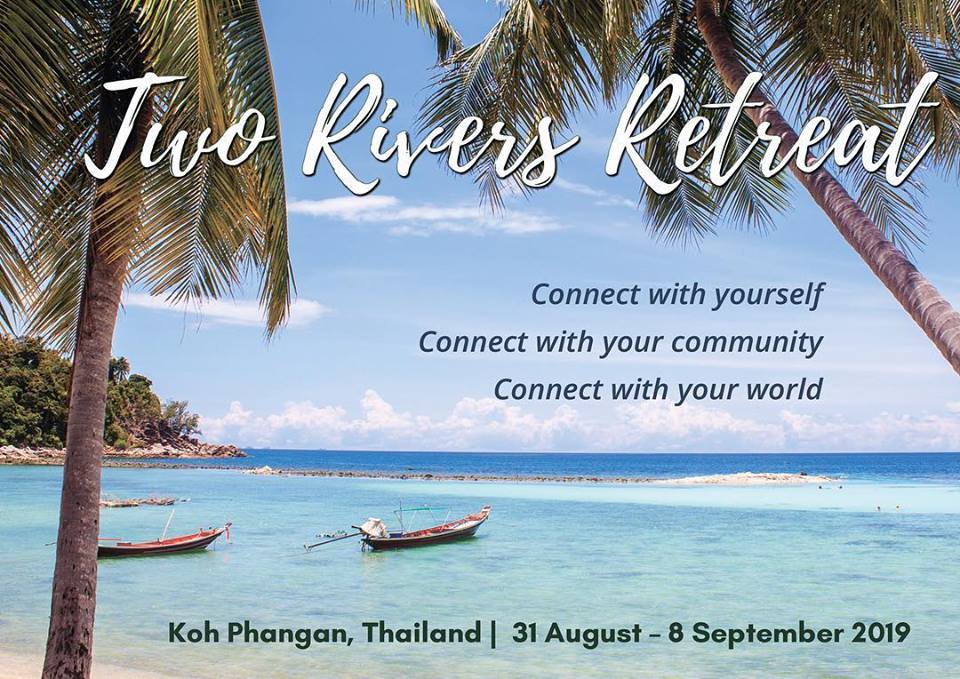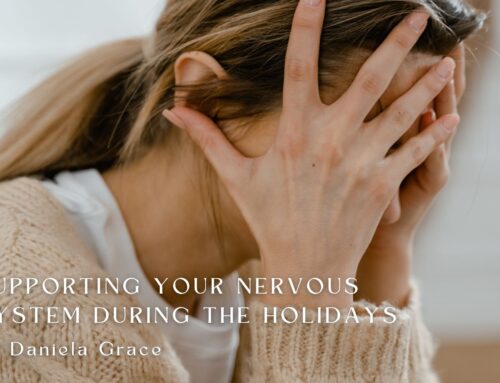How mindfulness can help dealing with difficult emotions: Part 1
Mindfulness is living in the now. It is essentially about being more aware and awake in every moment of your life. It is about intentionally paying attention to each moment, being fully engaged in whatever is happening around you and within you. It involves bringing an attitude of curiosity, acceptance and friendliness to whatever is experienced, rather than habitual patterns of judgment and criticism.
Mindfulness begins with learning to focus on the moment. However, it ultimately becomes about connecting with the awareness that is conscious of whatever we experience – that is, what is being seen through your eyes and felt through your skin right now. Once we learn to pay attention, we can start to discern both what we are aware of in each moment and what it is that is aware. Getting in touch with this awareness, we start to notice that while the content of our awareness changes from moment to moment, the awareness itself remains unchanged. Furthermore, if we pay close attention to it we will notice that it has an innate quality of acceptance and openness to whatever is experienced. We get in touch with a space that is bigger than anything that we experience, and which is therefore able to hold it without being overwhelmed. And when we bring this open and accepting awareness to ourselves and others, we tend to act and relate with more compassion and care. We become gentler and kinder and our relationships start to change. And as we become able to sense this clear, open awareness in each moment, we become able to maintain emotional equilibrium in any situation.
It can be good to remember that as little as 10 minutes of meditation each day very quickly retrains us to be more aware and less reactive. Research also shows that 40 minutes of meditation a day over an 8-week period creates observable changes to the structure of the brain. While these longer periods of meditation represent what is called ‘massed practice’, which has been shown to result in rapid neuroplastic brain changes, any practice creates new neural connections and promotes the growth of new neurons.
Feelings happen with or without consent. We may pretend not to feel them, but we pay the consequences for our self delusion by becoming a warehouse of useless, outdated emotions. We’re stuffed with unresolved issues from the past, crowded with things are wholly inappropriate to who we are now and what we’re now doing.
Feelings are not a positive nor negative; they’re simply elemental forces in our life energy with their own vibrations and functions. They are essential to our health and well-being.
Essentially, fear protects, anger defends, sadness releases, joy uplifts and compassion unites.
Strategies for meeting difficult emotions:
- Label your emotion. If you can name it you can tame it. Stepping out of and seeing emotion. Becoming observer, not the emotion. Labelling requires more engagement with the negative emotion than noticing does. It means giving it a specific title, which draws you further into the experience, but it is also grounding for our attention providing us with distance and perspective. Labelling activates the pre-frontal cortex, which inhibits amygdala firing.
- Physical sensations are easier to pay attention too. Deconstruct the emotion into sensations/parts, and stay with these smaller sensations, observe them and changes in those sensations. You can notice if your sensations have colour, temperature, and vibration. Remind yourself of impermanence of emotions – they come and go. Slow down. Bring yourself away from your thoughts into your body sensations. Thoughts are like fuel to the fire of our emotions.
- Add compassion to your practice. Soften, soothe, and allow. Rather than just noticing, we embrace with kindness. Soften body through softening your muscles around your difficult sensations, soothe using touch (for example, hand on your heart) and statements (for example “This hurts. May I be kind/ gentle/ caring to myself”), and allow your sensations to be there.
“Pain is not wrong. Reacting to pain as wrong initiates the trance of unworthiness. The moment we believe something is wrong, our world shrinks and we lose ourselves in the effort to combat the pain.”
― Tara Brach, Radical Acceptance: Embracing Your Life With the Heart of a Buddha
Explore mindfulness and mindful self-compassion practices during week long retreat on a beautiful island of Koh Phangan, Thailand with Dr Alla Demutska and Dr Richard Chambers (31 August – 8 September). Take time off to focus on improving your quality of life and to slow down, build your resilience and connect with yourself. You will also learn powerful tools that will help you focus, be more self-aware and improve your life long after the retreat has ended.
For more information go to http://www.tworiversretreat.com/
You can also get help by accessing psychology sessions in Kundalini house. Please call Insight Psychology Centre 0476 131 281
Suggestions outlined in this article are not a substitute for therapy.
If this is an emergency, please dial 000.
If you need to speak to someone urgently, please contact your local Crisis Assessment and Treatment Team (CATT) http://www.health.vic.gov.au/mentalhealthservices/adult/









Leave A Comment